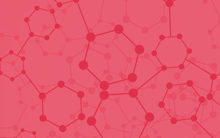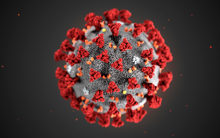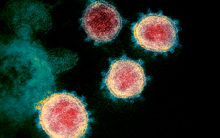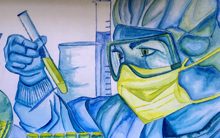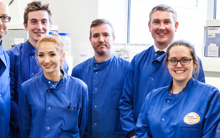The familiar iPhone ring tone startles me during the night. I look at the screen, it reads 02:38. It is August 2020, a few weeks into my ST3 training post and I am covering the Microbiology registrar overnight on call at Nottingham University Teaching Hospitals Trust, one of the biggest NHS trusts in England. Calling me is a ward manager asking for infection control advice on a patient with a positive COVID result. As I gather more clinical information and assess the situation, it dawns on me that less than a month ago I was a junior doctor working in acute medicine, consulting specialists for advice and now that specialist was me.
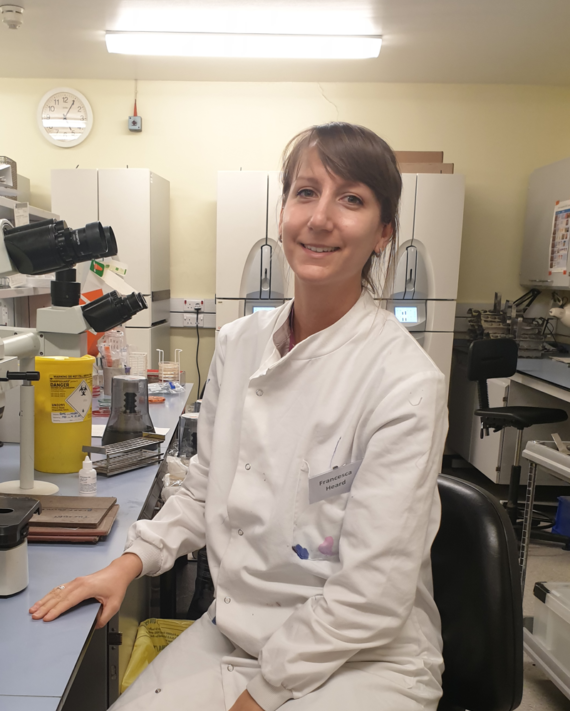
In just a few short weeks into my Combined Infection Training, I needed to assimilate a wealth of information about COVID-19 to perform my daily and on-call duties as a microbiology registrar. This included the COVID-19 diagnostic platforms at my trust; indications for rapid tests out of hours and infection control policy, to name a few. The guidelines are often changing and there is a constant stream of new literature to familiarise myself with. This was on top of the other general microbiology I was learning!
Less than a month ago I was a junior doctor working in acute medicine, consulting specialists for advice and now that specialist was me.
Unexpected start
Starting infection training during a pandemic was not how I had expected to start a career in my chosen specialty. When I had applied to the national recruitment scheme in early 2020, SARS-CoV-2 was only just making headlines around the world as a ‘mystery virus’. I was in my final rotation of core medical training during the first wave, seeing patients on the medical wards and admission units with a new disease of which little was known. Fast-forward to 10 months later: COVID-19 is a part of daily life and we are undertaking a nationwide distribution of a vaccine. It is an extremely exciting, but challenging time to be an infection trainee.
My perspective on COVID-19 has broadened since starting my microbiology training. I am now aware of a whole new level of complexity in the management of this pandemic, such as the laboratory operational challenges. The logistics of maintaining capacity of the sheer volume of COVID tests required each day in the trust is staggering. I am gleaning as much managerial know-how as I can from senior colleagues who are running the microbiology service during this incredibly trying time.
The logistics of maintaining capacity of the sheer volume of COVID tests required each day in the trust is staggering.
Rapid application of research into clinical practice
One fulfilling aspect of starting my training during this pandemic is being involved in the rapid application of research into clinical practice. Specifically, in our department, we have recently changed laboratory practice in processing certain respiratory samples. This was after research emerged identifying invasive aspergillosis as a complication of COVID-19 in patients on intensive care units. As a result, we have adapted our processing of respiratory samples from these patients. This helped streamline the diagnosis and enable correct treatment to be initiated as soon as possible. This is just one example of how the department is constantly adapting during the pandemic.
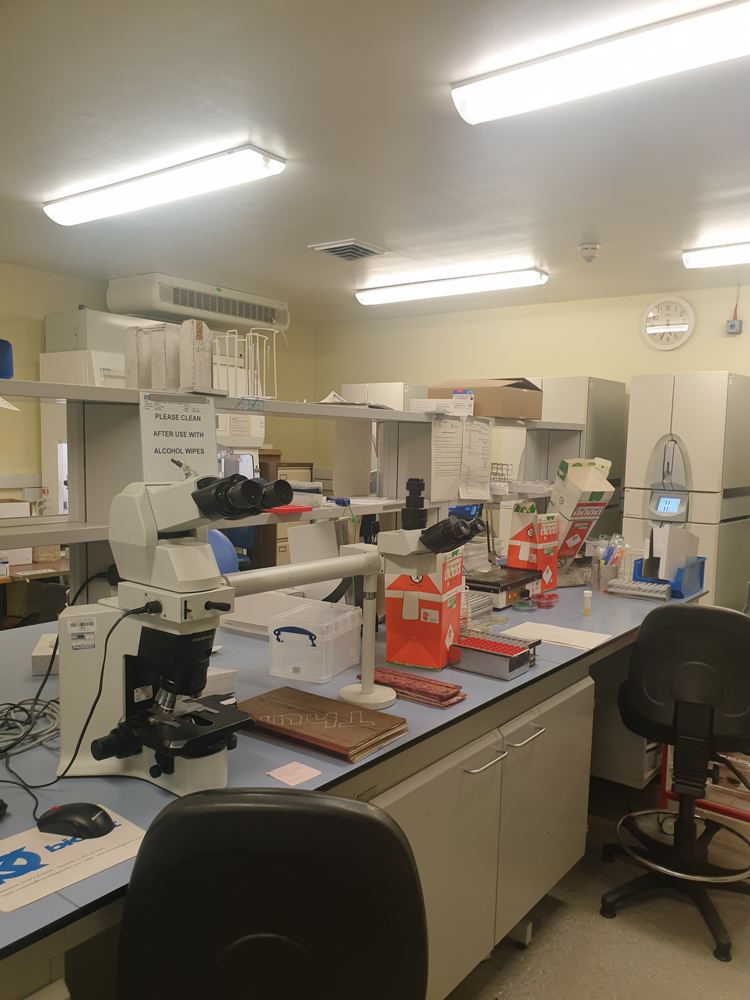
The management of patients with COVID-19 can pose a clinical dilemma and this was, and still is, a challenge to me starting out as a microbiologist. It is often difficult to maintain antimicrobial stewardship during clinical uncertainty and the management of very unwell patients. However, I have utilised these opportunities to educate medical colleagues, where I can, on the importance of conscious antimicrobial prescribing during COVID.
The way the microbiology department functions on a day-to-day basis has also changed significantly in the COVID-19 era. Remote working has been necessary at times, especially as we are fortunate that a lot of our clinical duties can be done this way. For example, the intensive care ward rounds are now being conducted via video conference call. At times, this has restricted some of the learning opportunities available to me as a trainee, but the safety of patients and staff is paramount.
Training with a very steep learning curve
Nevertheless, the guidance and training I have received from my colleagues since starting as a microbiology registar, has been a stabiliser during the very steep learning curve. There is a real sense of camaraderie within the department. My senior colleagues have been incredibly supportive during on-calls and have taken on additional duties at times to help me acclimatise.
There is a real sense of camaraderie within the department, and my senior colleagues have been very supportive.
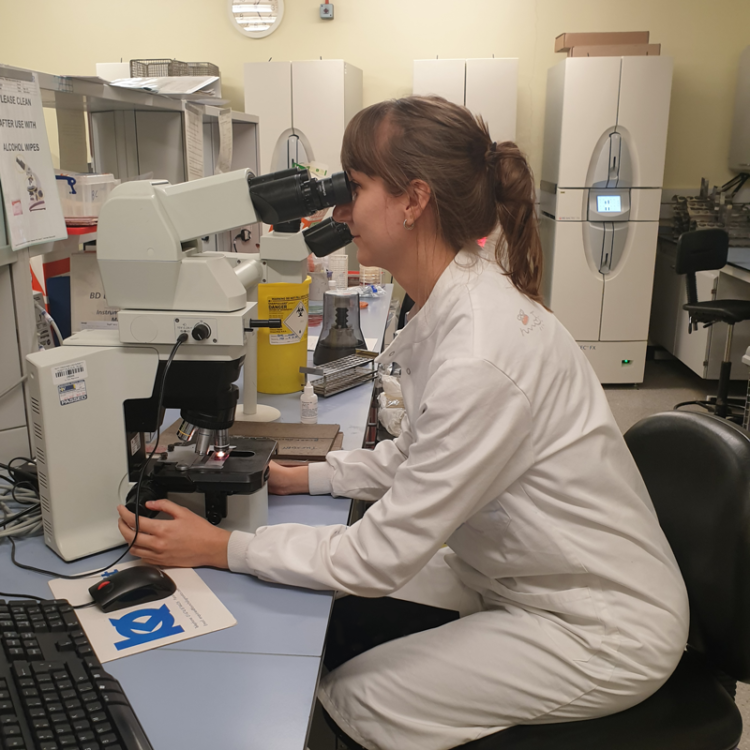
All in all, my experience starting as a Microbiology trainee may be a little different than it would have been in previous years, but I am incredibly lucky to work in such a welcoming department during an exciting time for infection specialities. I cannot wait to see what the future holds for my training, given what the first few months have given!



